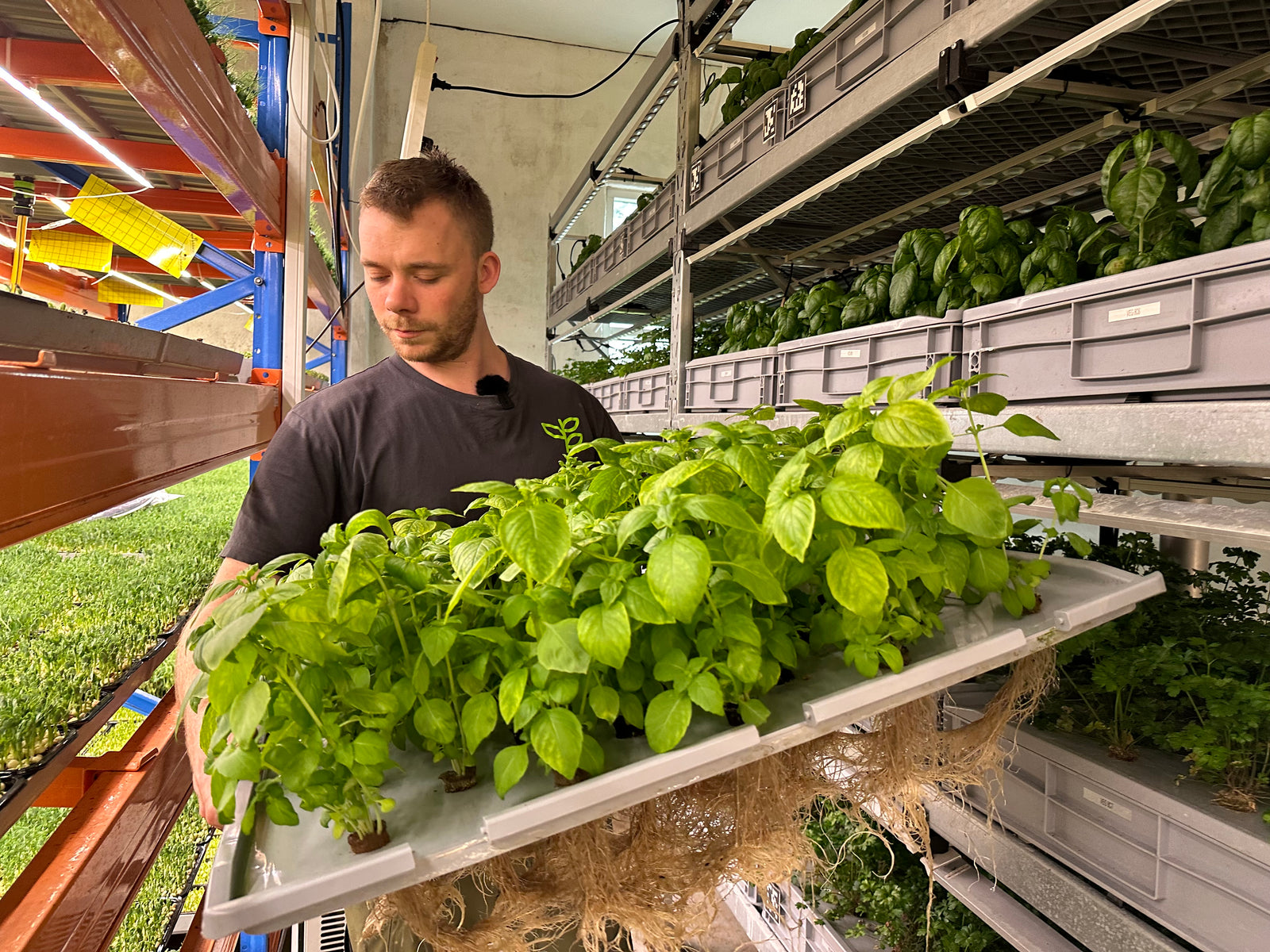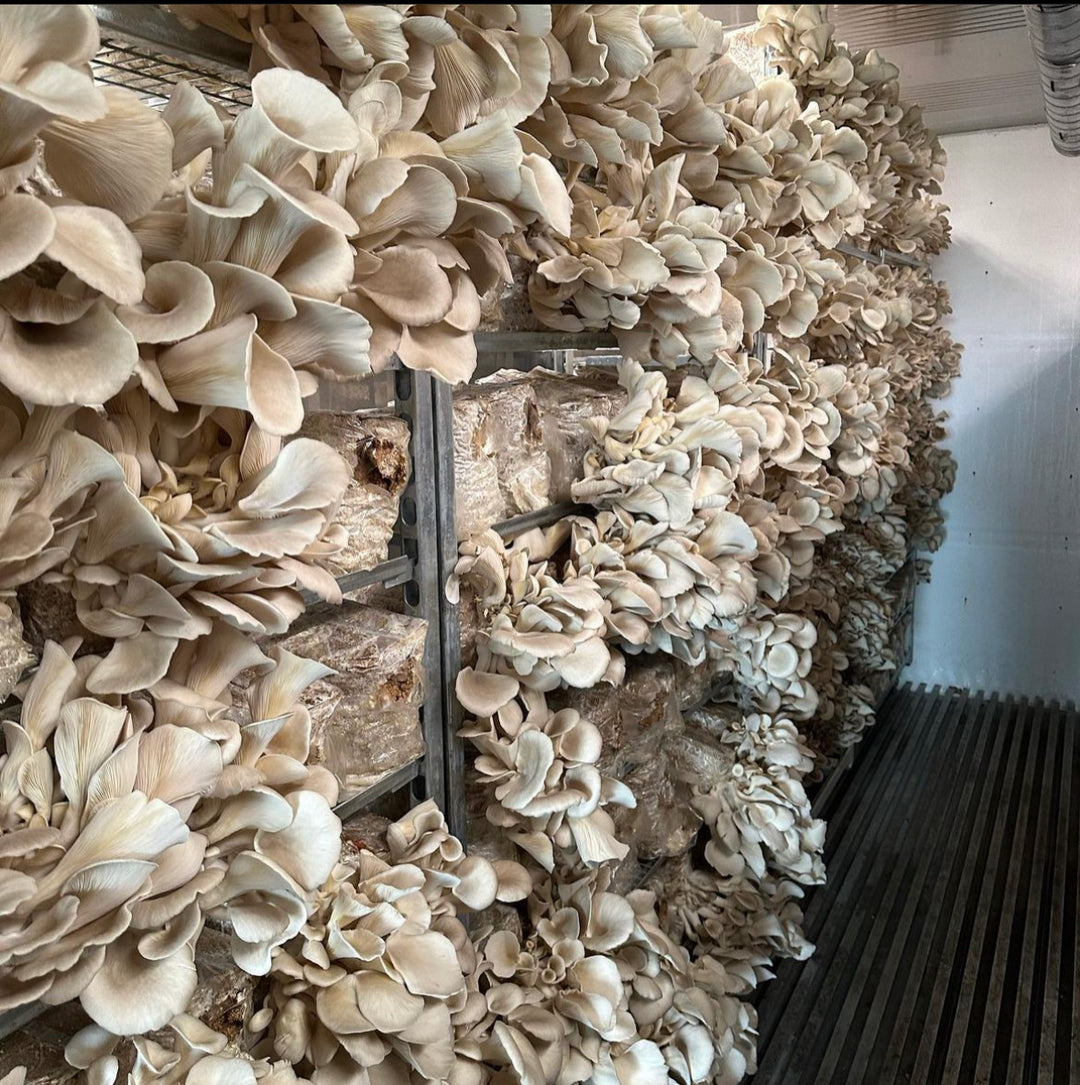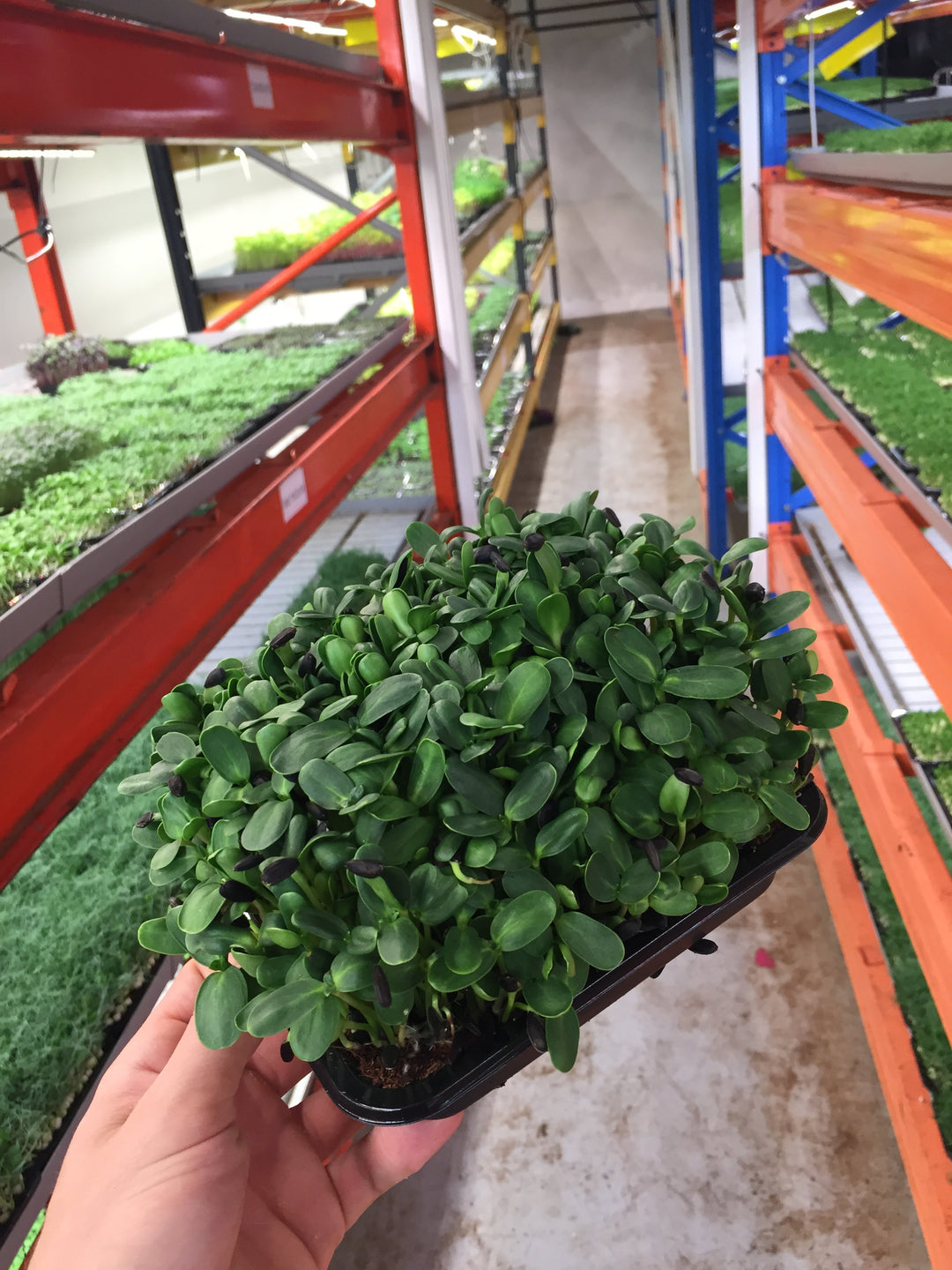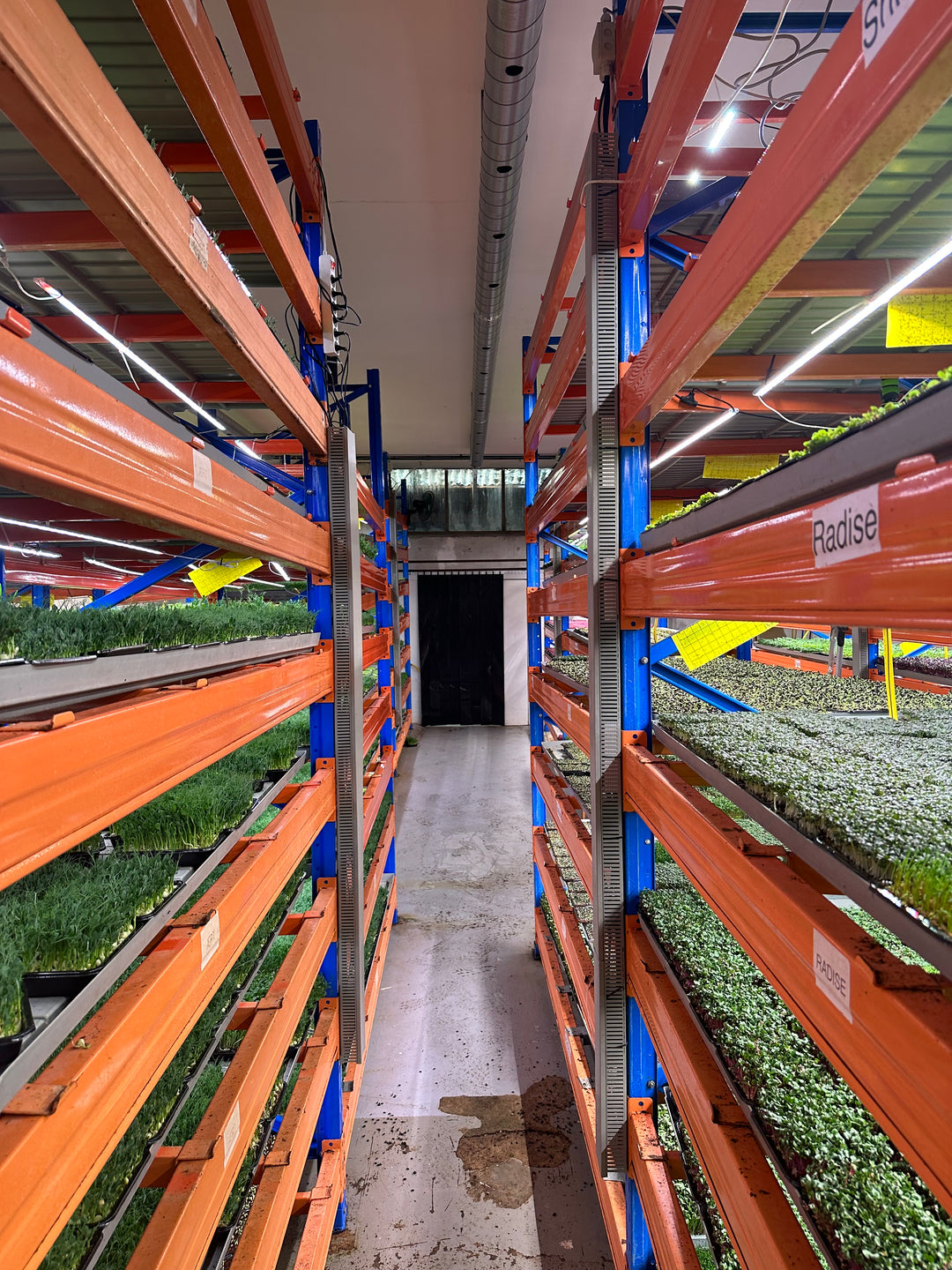Aeroponics: The Future of Farming

What is Aeroponics?
Aeroponics is a method of growing plants without soil. Instead, the plants' roots are suspended in the air and are periodically misted with a nutrient-rich solution. This innovative approach is gaining popularity due to its numerous benefits, including increased yields, reduced water consumption, and the ability to grow plants in confined spaces.
How Does Aeroponics Work?
In an aeroponic system, plants are typically grown in a chamber or container. The roots are exposed to a mist of nutrient-rich water that is atomized into tiny droplets. This mist provides the plants with the necessary nutrients and oxygen for growth. The nutrient solution can be recycled, which helps to conserve water and reduce waste.
Advantages of Aeroponics
Increased Yields: Plants grown aeroponically often produce higher yields compared to traditional soil-based methods. This is because the nutrient solution can be precisely tailored to the needs of the plants, and there is no competition for nutrients from weeds or other plants.
Reduced Water Consumption: Aeroponics requires significantly less water than traditional agriculture. The nutrient solution is recycled, and there is no need for irrigation to maintain soil moisture.
Pest and Disease Control: Aeroponic systems can be designed to be relatively pest-free, as the plants are not in direct contact with the soil. This can reduce the need for pesticides and fungicides.
Vertical Farming: Aeroponics is well-suited for vertical farming, which allows for efficient use of space, especially in urban areas.
Controlled Environment: Aeroponic systems can be controlled environments, allowing for
precise regulation of temperature, humidity, and light. This can enable year-round
production of crops, regardless of the climate.
Challenges of Aeroponics
While aeroponics offers many advantages, there are also some challenges to consider. These include:
Initial Cost: Setting up an aeroponic system can be more expensive than traditional agriculture.
Technical Expertise: Aeroponics requires a certain level of technical knowledge to ensure that the system is operating correctly and that the plants are receiving the proper nutrients.
Energy Consumption: Aeroponic systems may require significant energy input, particularly for lighting and temperature control.
Future of Aeroponics
Despite the challenges, aeroponics has the potential to revolutionize agriculture. As technology continues to advance, we can expect to see even more innovative and efficient aeroponic systems.
With its ability to produce high-quality crops in a sustainable manner, aeroponics is poised to play a vital role in addressing global food security challenges.
Conclusion
Aeroponics is a promising method of agriculture that offers numerous benefits, including increased yields, reduced water consumption, and the ability to grow plants in confined spaces. While there are some challenges to overcome, the potential of aeroponics to transform the way we produce food is
undeniable. As we continue to explore and develop this technology, we can look forward to a future where sustainable and efficient agriculture is the norm.


